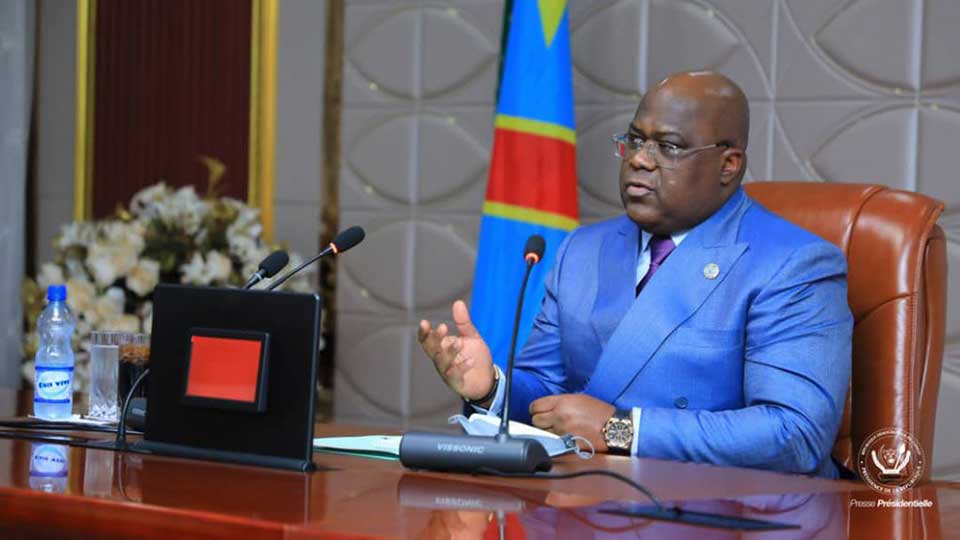On Friday DR Congo President Félix Tshisekedi hinted during a meeting of the Council of Ministers (the DRC’s cabinet) that he wants to bring an end to the ongoing dispute with Chinese mining companies over unfair contracts.
The President ordered a technical and financial audit of the Sicomines contract, in particular, and called for the “revision of certain mining clauses between the DRC and the Chinese business group.” He made no mention of the other major mining contract involving China Molybdenum Co.’s ownership stake in the massive Tenke Fungurume copper and cobalt mine.








